One of America’s first sit-ins took place at Alexandria Library on Friday, August 21, 1939.
The present-day Barrett Branch Library on Queen Street (originally called Alexandria Library) was the only library building in a city with a population of 33,000. It was built in 1937 with money donated by the family of Kate Waller Barrett(1857-1925). However, as with many public services in the country financed by the community’s taxpayers, the library was only available to whites. African Americans, though they voted and paid taxes, were not allowed to use the library.
Samuel Wilbert Tucker (1913-1990), who grew up only two blocks from the Barrett Branch, then known as Alexandria Library, graduated from Howard University and prepared for the field of law. He passed Virginia’s bar exam at age 20, but Tucker, an outstanding student, was too young to be sworn in. A year later, he took the oath. Tucker tried for several years to establish equal access to community resources, but the white community, including the Alexandria Library Board, remained unswayed.
In the summer of 1939, Tucker, now 26, developed a strategy by preparing a select group of #African American men for a deliberate act of civil disobedience. Ranging in age from 18 to 22 years, these Alexandrians challenged the status quo.
On Friday, August 21, 1939, Alexandria Library staff and patrons watched as a young African American entered and asked to register for a library card. When he was refused, he picked up a book, took a seat, and began to read. Minutes later, another well-groomed and polite young adult repeated these actions. This continued until William Evans, Otto L. Tucker (the attorney’s brother), Edward Gaddis, Morris Murray and Clarence Strange occupied five tables. Each one sat in silence and read a book.
Flustered library staff called the police. As planned, Robert Strange (his older brother Clarence was one of the silent protestors) ran to Tucker’s law office to let him know that the police were on their way. Officers arrived and escorted the protestors from the library, arresting them for “disorderly conduct.” Samuel Tucker had called a photographer, who took a photo, and then quickly arranged for their release. He planned to challenge the city in court on the grounds that all citizens were entitled to equal access to public services. But the city, in an effort to resist integration, stalled the process with intense negotiations.
Read More Of This Article @http://www.alexandria.lib.va.us/client





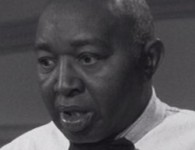
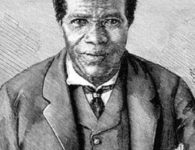


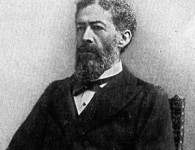
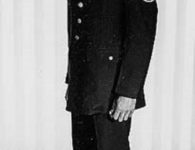


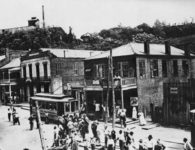
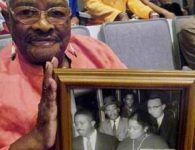




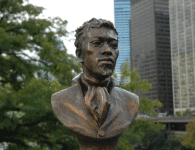

No comments